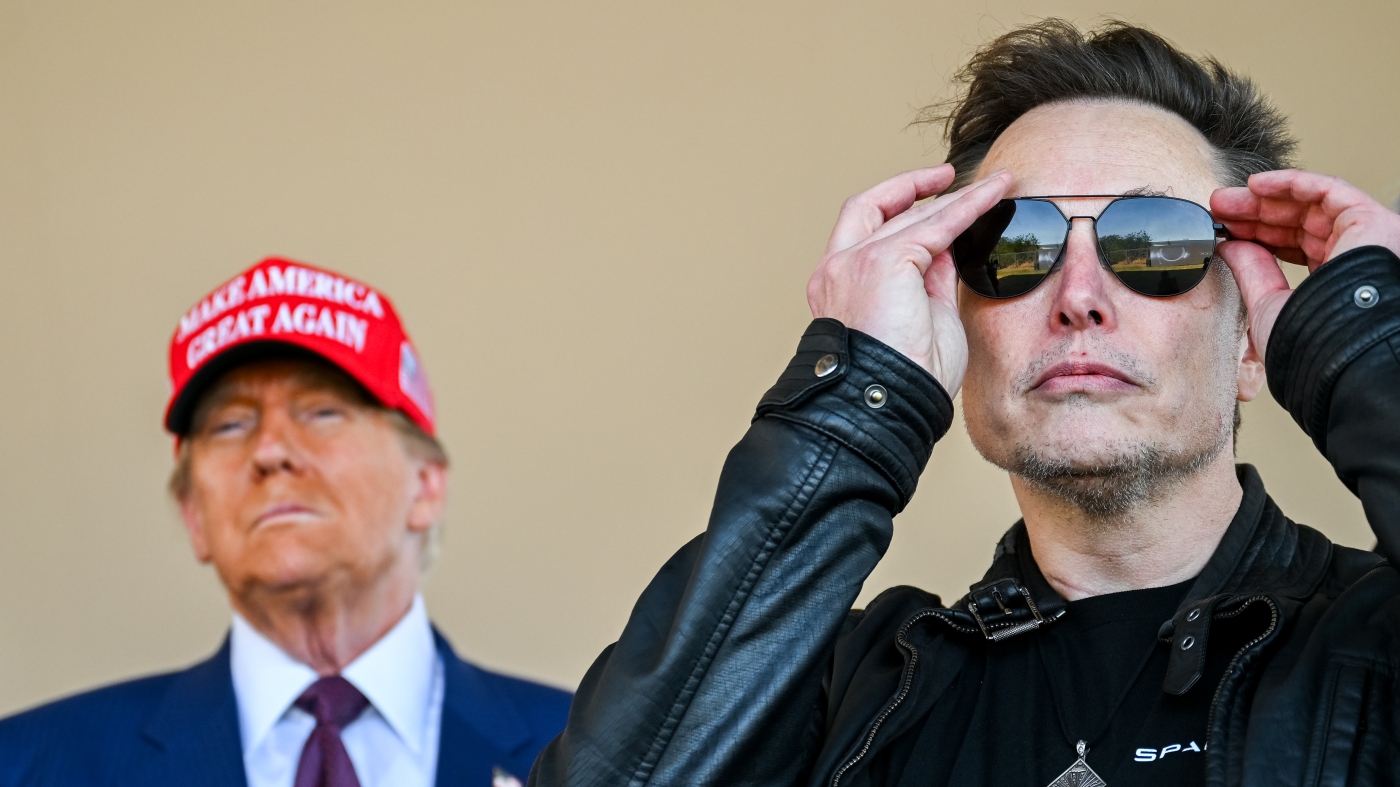The Complex Intersection of AI with Power and Influence: Reflections from the Musk–Trump Bromance
Artificial Intelligence (AI) is intrinsically linked to the narratives of influence, ambition, and technological progress encapsulated in the Musk–Trump alliance and its unraveling. The dynamics between Elon Musk and Donald Trump serve as a prism through which we can better understand the broader potentials and pitfalls of AI in modern socio-political and economic contexts. This analysis explores how AI intersects with power, personality, and policy, drawing insights inspired by the alliance’s rise and fall.
AI at the Confluence of Technology and Power
Elon Musk is widely regarded as a pioneer in AI-driven innovation, with ventures like Tesla’s autonomous vehicle technology and AI integration in SpaceX’s aerospace missions. His prominence underscores AI’s role as a transformative force in business and government. Conversely, Donald Trump’s political approach often emphasizes direct leadership, populism, and media control, sometimes clashing with technological nuances.
The Musk–Trump relationship spotlighted a key tension: harnessing AI’s promises requires not only technical expertise but also political will and public trust. Musk’s advisory role aimed to streamline government operations, implicitly suggesting that AI and data-driven systems could make bureaucratic processes more efficient. However, the alliance’s breakdown illustrates how the integration of AI into governance is fraught with ideological and practical challenges.
AI and Divergent Visions of the Future
The disagreements between Musk and Trump over policy—especially Musk’s condemnation of Trump’s “Big Beautiful Bill”—reflect deeper philosophical divides about how AI should be integrated into society. Musk’s vision often embraces innovation, global competitiveness, and long-term sustainability, while Trump’s populist agenda prioritizes immediate economic and political gains, sometimes at the expense of technological nuance.
These conflicting outlooks highlight a broader dilemma: AI policies influence not just technology development but economic regulations, ethical standards, and international competitiveness. The fall-out from the Musk–Trump alliance emphasizes how AI-driven progress is intertwined with political frameworks that may either foster or restrict innovation.
Personality, Media, and the Public Discourse on AI
The public feud, magnified by social media platforms owned or influenced by Musk and Trump, epitomizes how AI both powers communication and amplifies personalities. AI algorithms curate what millions see daily, shaping perceptions and political discourse. The Musk–Trump conflict played out in digital arenas where AI-driven content distribution can escalate conflicts, reinforce echo chambers, and complicate reconciliation.
Their clash reveals AI’s double-edged influence: while enabling unprecedented dissemination of ideas and innovations, AI-mediated platforms can also exacerbate divisions and elevate ego-driven battles. This dynamic underlines the need for nuanced stewardship of AI in public communication.
Corporate and Political Strategy in an AI-Empowered World
Musk’s businesses, heavily reliant on AI advancements, confront complex strategic challenges when entangled in political disputes. The stock market’s negative reaction to Musk’s political commentary shows how intertwined AI innovation, investor confidence, and political stances are. Corporate agility requires decoupling technical ambitions from volatile political allegiances, especially when AI is pivotal to business success.
Politically, the Musk–Trump rift suggests AI’s growing influence in policy-making will continue but under fluctuating alliances. Politicians may approach AI with caution or opportunism, influencing regulatory environments that could accelerate or hinder AI’s societal integration.
Looking Ahead: AI’s Role in Shaping Future Alliances and Governance
The demise of the Musk–Trump bromance offers lessons for future engagements involving AI-driven leadership and governance:
– Alignment of Values and Goals: Successful integration of AI in political and business spheres demands clear, shared objectives beyond reactive alliances.
– Transparent Communication: Managing AI’s societal impact requires open dialogue, mitigating misinformation amplified by AI-powered platforms.
– Balanced Governance: Policy approaches must balance innovation with ethical, economic, and social considerations to harness AI’s benefits responsibly.
– Adaptability in Leadership: Leaders must navigate AI’s rapid evolution with flexibility, avoiding rigid or ego-driven stances that could jeopardize progress.
Conclusion: AI as a Catalyst and a Challenge in the Human Drama of Power
The Musk–Trump saga illustrates AI’s role as both a catalyst for extraordinary innovation and a source of unprecedented complexity in power dynamics. As AI continues to reshape industries, politics, and public life, the pitfalls witnessed in this high-profile alliance warn of the risks when technology intersects with personality-fueled conflicts and inconsistent policy visions.
Ultimately, AI’s promise hinges on human decisions—collaborative, strategic, and principled. The narrative of Musk and Trump is a vivid reminder that technological potential thrives best when allied with genuine cooperation and clear purpose rather than fractured egos and ephemeral partnerships.











